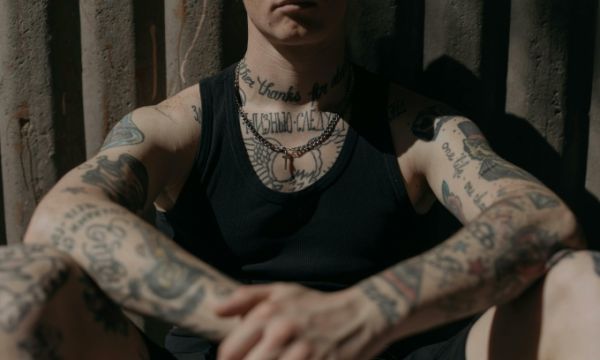
A South Korean man rescued from a scam center in Cambodia has become the subject of public debate in his country for his body tattoos.
In early October the South Korean police rescued three men in their 20s who had been tricked into going to Cambodia for work in August.
They had been virtually held prisoners, had their passports and phones taken and been forced to participate in online scams.
Their rescue drew public attention after Democratic Party lawmaker Kim Byung Joo shared photos of it. One of the victim’s bodies was blurred on TV because of his extensive body tattoos, a common practice in South Korea.
|
A person with body tattoos. Photo by Pexels |
His image sparked outrage, with many social media users labeling him “criminal” or “gangster” and comparing him with Chorong, the leader of a crime gang in Korean movie “The Roundup: No Way Out.”
But Kim broke down at a press conference, condemning discrimination based on tattoos, calling it an unreasonable bias against the victim.
The incident reflects South Korea’s longstanding prejudice against tattoos, which originated in ancient times when tattoos were used to punish criminals and later became associated with social corruption.
A 1992 law classifies tattooing as a medical procedure only allowed to be performed by doctors.
More than 13 million people with tattoos hide them to avoid being rejected at jobs and facing discrimination in public.
According to the Korean Tattoo Artists Federation, at least six people have been jailed for illegal tattooing since April 2023.
South Korean authorities are trying to change public perception of the issue.
Ryu Ho Jeong, the youngest lawmaker in the National Assembly, and several tattoo artists have said the prejudice is outdated.
Ryu has proposed a bill to legalize tattooing, calling it an art form and a personal expression, and adding that “young people also support viewing tattoos as a form of beauty that promotes acceptance of diversity.”